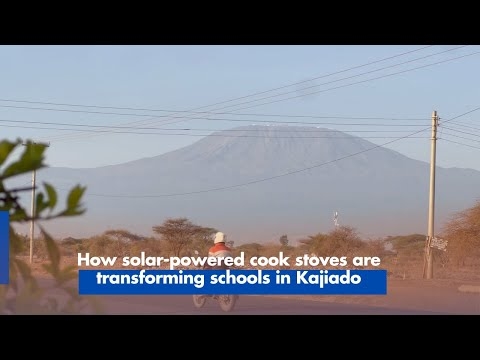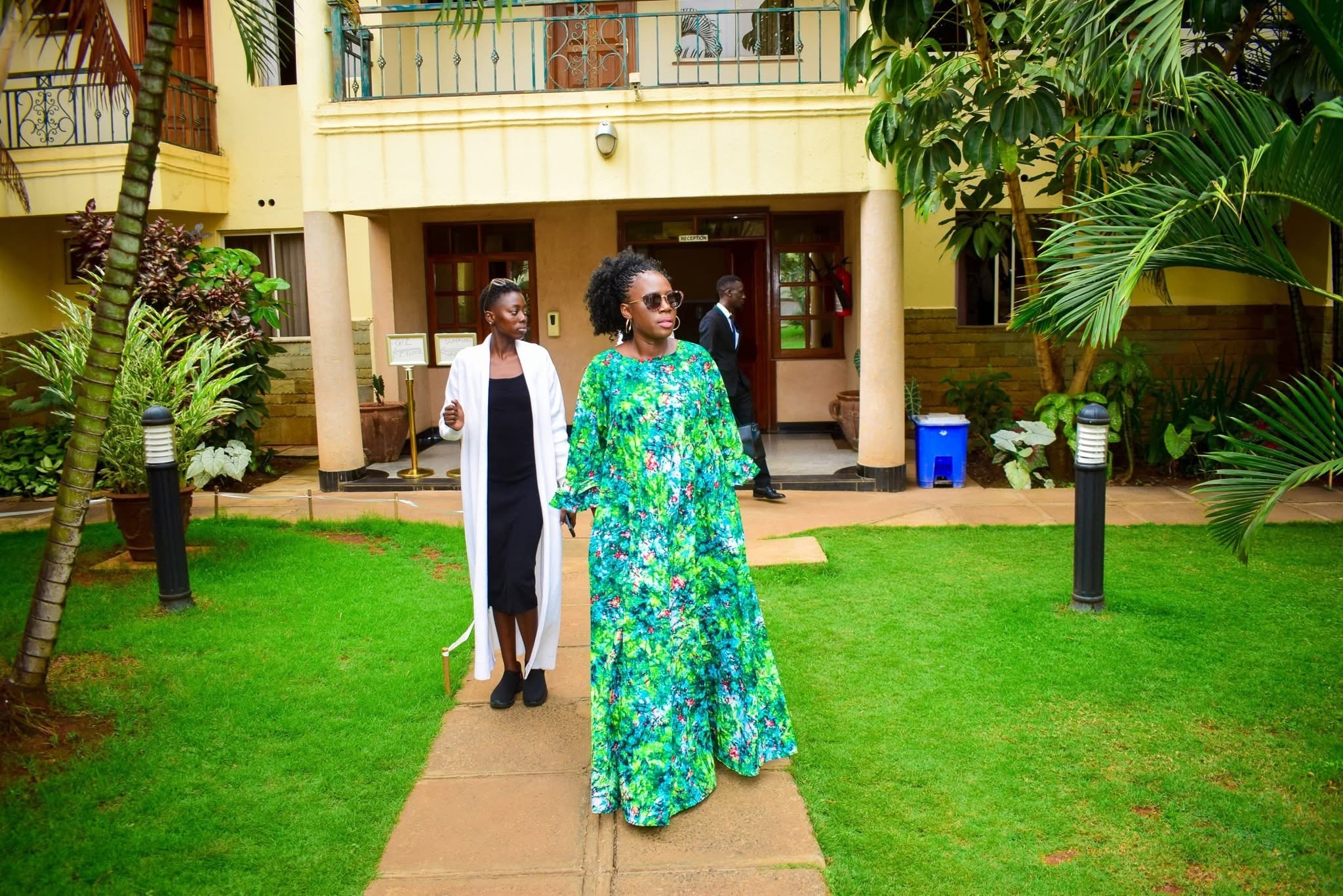Children continue to be sexually violated despite efforts by the government and partners to end the vice.
Much has been done in the fight against sexual and gender-based violence, but none seems to have yielded fruit in Homa Bay, with residents now putting their hopes in the recently launched county SGBV policy.
Fingers are crossed to see whether the policy will achieve its objectives or not.
However, a non-profit charity organisation dubbed Equality Effect is implementing a different kind of approach using technology as one of its interventions in the fight against child defilement.
Through its programme, 160 Girls Project, the organisation is educating pupils in Homa Bay on defilement prevention and how to respond to such cases.
The 225 children from three primary schools, Wahambla, Got Rabuor and Lake Primary, are undergoing a six-month training in computer usage.
This intervention aims at empowering them to understand sexual violence and what it entails.
The organisation uses human rights law to make the rights of women and girls real so they can be safe from sexual violence.
Equality Effect is working with 160 girls and victims of sexual abuse to combat this social evil that is threatening the young generation.
The project is a legal initiative that came about after a 2012 case in Meru filed by 160 victims of rape against the state for failing to protect them.
However, the High Court in 2013 found that the police had failed to enforce the existing defilement laws and ordered that they needed to conduct proper, effective and professional defilement investigations.
The 160 Girls project’s goal is to hold perpetrators of sexual violence accountable to their actions by ensuring justice to victims and protecting the girls.
The use of technology ensures that learners through online lessons are enlightened on how to preserve evidence on SGBV and reporting such cases.
There is a curriculum in the tablet called Virtual Justice which exposes learners to 12 lessons through which they can understand the background to the project.
The lessons also touch on steps to follow in case of defilement, including collection of evidence, visiting a health centre for medical examination, reporting to the police station and ensuring the case is followed through the justice legal system.
Each child shares a tablet with five others on a two-week-basis.
The organisation is also engaging police and local communities by providing information on violence and ways to enhance the safety of children to end SGBV.
The organisation's programme officer Patricia Simiyu said, “We have trained police officers and we are back to train the children so that they can also be champions in the community in terms of reporting and learning how to prevent defilement cases among themselves and be agents of sensitisation in the community.”
The learners are taught through pictorials relevant for their age on how to identify signs of defilement.
“The children need to understand the signs to look out for in their peers and how they can reach out to the teachers because we have trained the teachers to help us in reporting these cases. We also need to build the children's confidence around reporting these cases,” she said.
Changes in children can be in personal appearance, signs of withdrawal or engaging in activities that would otherwise be unusual for those close to them.
Unlike other similar programmes, the 160 Girls Project is not a 'girls only' initiative, it has boys on board too. It addresses the boy-child since they are also vulnerable to defilement.
Simiyu said they have a topic called ‘boys are survivors’, which is a unique part of the project because males have not been featured in any other programme.
“We want them to know that just like girls, boys are increasingly defiled and so they should understand that they can also fall prey to sexual maniacs,” she said.
“We teach them that there are certain support systems within the court that they can go to and be assisted. We also teach them that sometimes the system we have may not be sufficient, but it does not mean there are no other avenues that can support them.”
The organisation is working with the Children department, Community Aids Transformation Alliance Group (CATAG) and the police to ensure there is no obstruction of justice for survivors.
Another strategy employed by the Equality Effect is the weekly distribution of newsletters.
The newsletters are distributed to schools and local churches to enlighten members of the public on the project as well as equality laws.
However, this is the second phase of the programme after the first phase involving 227 students in Homa bay.
County Director of Children Services Peter Kutere said, “Teaching children on how to use tablets to access information is a very good initiative because it will improve their computer skills.”
The head boy and head girl representing boys and girls from Wahambla Primary School, Clinton Odhiambo and Mitchell Awuor respectively, said they are now confident and knowledgeable enough to fight for themselves and others.
“I have also learnt how to preserve evidence of defilement, which is critical while reporting such cases to the police all thanks to the 160 Girls Project,” she says.
According to the latest report by Kenya Demographic and Health Survey (KDHS), Homa Bay is at 54 per cent in terms of SGBV.












